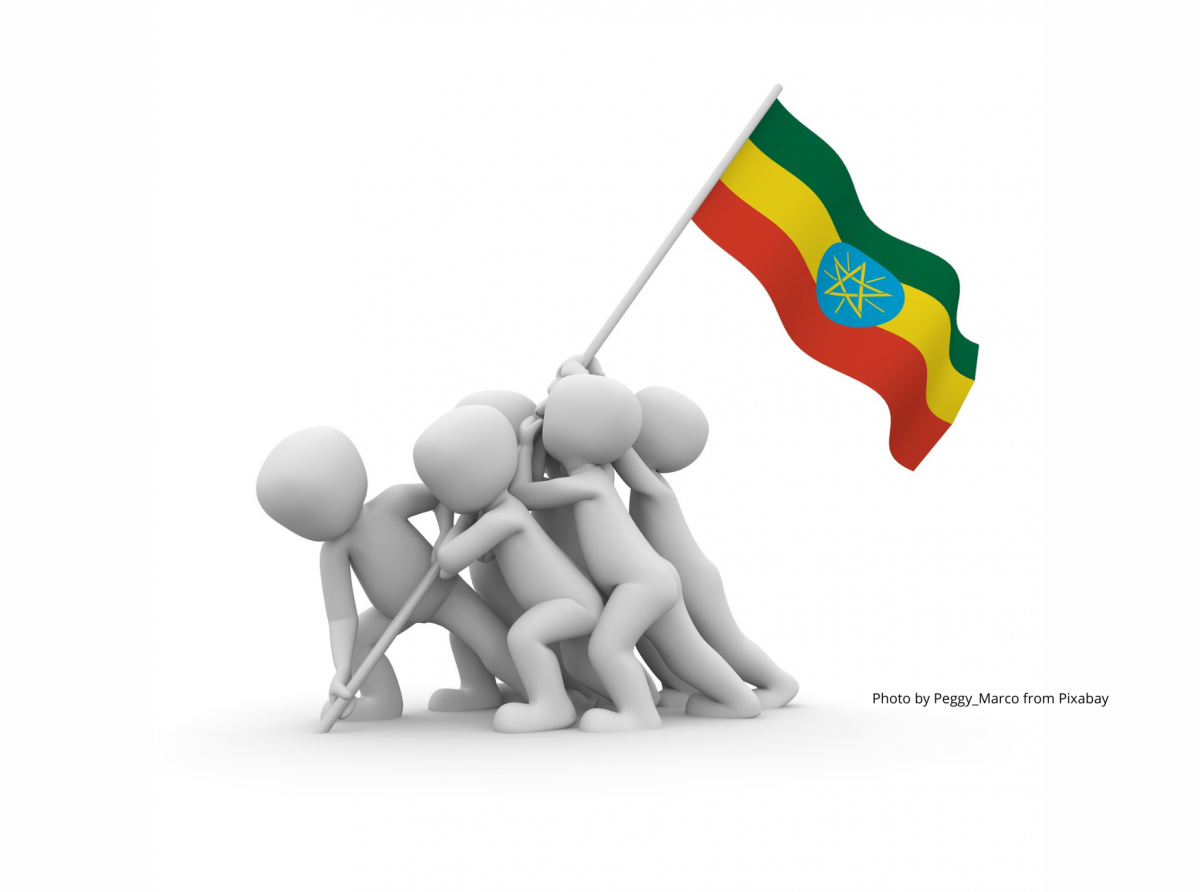Nejat Hussein, Yonatan T. Fessha
The Ethiopian Constitution uniquely elevates the demand for internal secession to the status of a constitutional right. This right, enshrined in Article 47 of the Constitution, allows the Nations, Nationalities and Peoples (NNPs) of Ethiopia, the term the Constitution uses to refer to ethnic groups, to establish their own states, at any time. The right to internal secession is exclusively granted on the sole basis of ethnicity. This approach inextricably links ethnic rights to territorial claims, overlooking other relevant factors such as population size, geography, and administrative efficiency. Moreover, according to the procedures outlined in Article 47(3), it appears as though the federal and state governments are not empowered to play a decisive role in the internal secession process. This represents a significant departure from procedures outlined in other federal jurisdictions, as they impose limitations on the creation of new constituent units by allowing federal parliaments and/or other concerned constituent units to participate in the process. As demands for internal secession continue to surge in the country, the practical implications of this approach in Ethiopia’s volatile political landscape are called into question.





